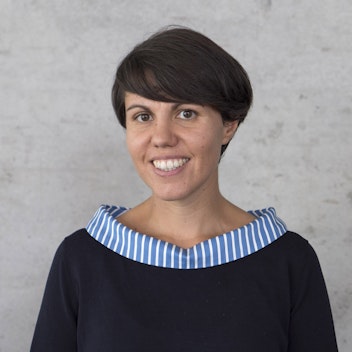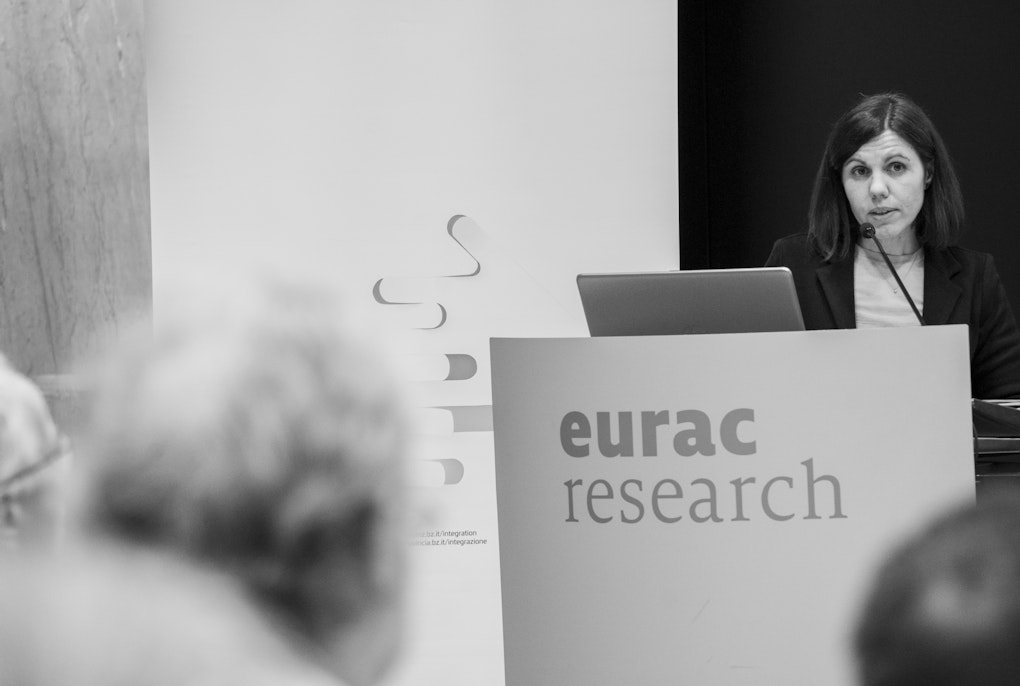Verena Wisthaler

Verena Wisthaler
Head of Center
Center for Migration and Diversity
Senior Researcher
Institute for Minority Rights
About
I am a Political Scientist and I study the politics of migration. I am particularly interested in how migration politics plays out at the regional and local level: Who are the relevant actors, what are their underlying frames and discourses, and how do they impact the policy making process. I also study relations between actors and governmental levels, effects of political discourse on policy making and different forms of participation.
I direct the research group “Politics and Actors in Societal Conflicts”. Together we explore minority issues and societal conflicts through the lens of actors and the politics of agency. Our actor-centred research focuses on mobile people, diverse societies, inequalities and their interactions with minority issues.
I am also member of the Steering Committee of the ECPR Standing Group “Migration and Ethnicity” and I collaborate with colleagues from various universities and research centers worldwide. I strongly believe in exchange and teamwork and in the power of supporting each other in academia.
I also teach courses on political science at various universities, such as the University of Innsbruck and Vienna (AT), Science Po – Campus Menton (FR) and Université de Neuchâtel (CH).
